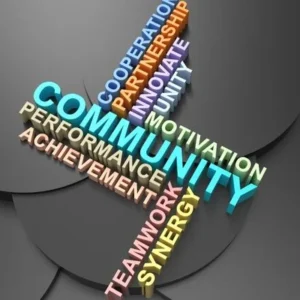At the IUCN World Conservation Congress 2025 in Abu Dhabi, IUCN and the Global Environment Facility (GEF) co-hosted a pre-launch event to introduce the upcoming GEF Civil Society Organisation (CSO) Challenge Program. The initiative is set to provide grants of up to USD 300,000 to CSOs with proven environmental solutions that are ready for growth, replication, and scaling. This marks a significant step in empowering civil society to deliver tangible environmental benefits globally.
The CSO Challenge Program is a pilot initiative under the GEF Small Grants Program (SGP), GEF’s flagship mechanism for engaging civil society in environmental conservation. Implemented by IUCN in partnership with RTI International, the program will be supported with USD 10 million in GEF funding, with calls for proposals expected in January 2026. The initiative emphasizes inclusive support, engaging Indigenous Peoples, local communities, women, and youth to catalyze transformative environmental change.
GEF CEO Carlos Manuel Rodríguez highlighted that the program strengthens CSO-led conservation while promoting equity, inclusion, and transformative impacts. The program will be open to CSOs in all GEF-eligible countries, supporting projects in areas such as sustainable agriculture, community-based ecosystem management, sustainable cities, low-carbon energy access, and chemicals and waste management.
The pre-launch event aimed to raise awareness among CSOs, policymakers, and the global conservation community about the opportunities offered by the program. Attendees learned from CSO leaders actively addressing climate change, biodiversity loss, and land degradation, and shared experiences on effective community-led solutions. Participants also discussed strategies to enhance support, partnerships, resources, and policies for civil society-led environmental action.
By leveraging the strengths of local actors and traditional knowledge, the CSO Challenge Program seeks to foster innovation, promote local ownership of sustainability projects, deliver direct community benefits, and ensure the inclusion of underrepresented groups in global environmental initiatives. The program is expected to play a key role in accelerating impactful, community-driven conservation solutions worldwide.







